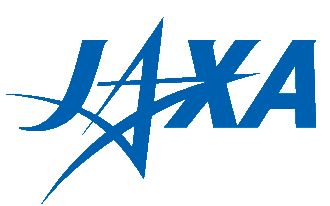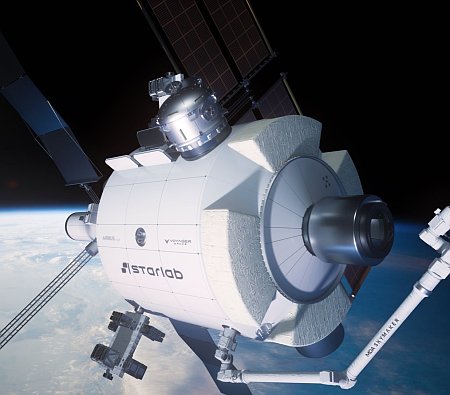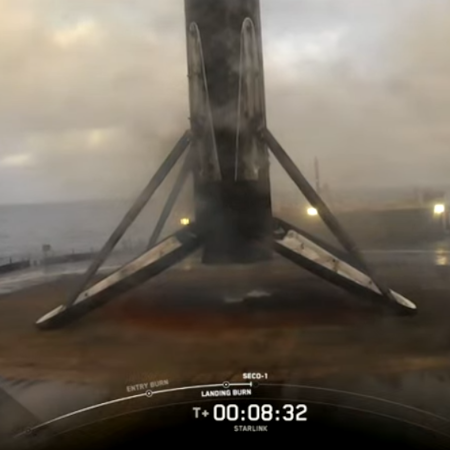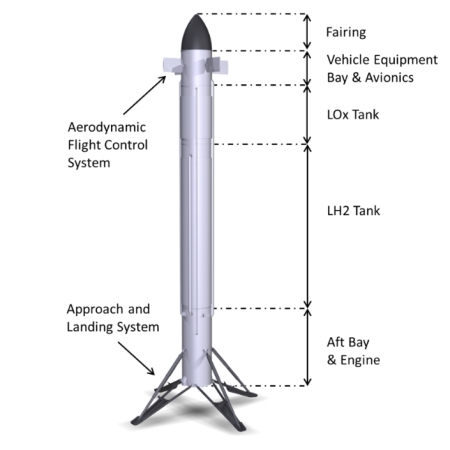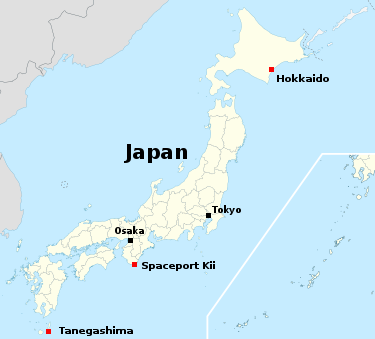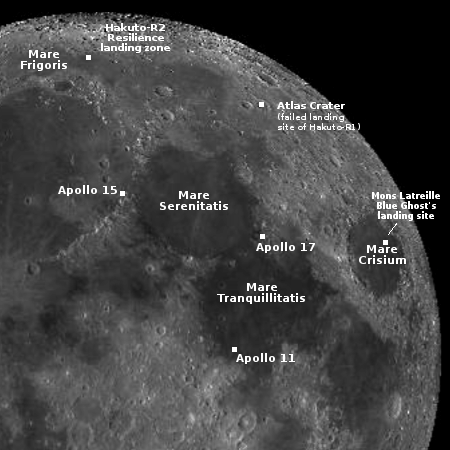Japanese rocket startup Space One to attempt third orbital launch this weekend
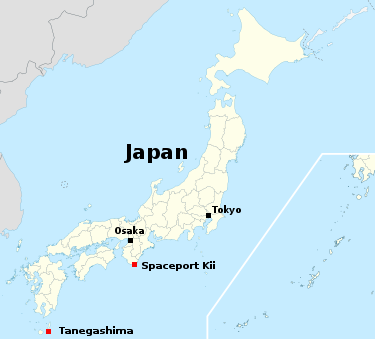
Japanese spaceports indicated by red dots
UPDATE: Launch scrubbed due to weather. No new launch date as yet been announced.
The Japanese rocket startup Space One has now scheduled the third launch attempt of its Kairos rocket for this coming Sunday, March 1, 2026, lifting off from its private Spaceport Kii launchpad.
Space One said Friday that it would launch the No. 3 unit of its Kairos small rocket carrying artificial satellites on Sunday morning. The Tokyo-based space development startup canceled the initially scheduled launch on Wednesday, citing a forecast for unfavorable weather conditions.
According to Space One, the Kairos No. 3 unit is set to lift off from the company’s Spaceport Kii launch site in the town of Kushimoto, Wakayama Prefecture, between around 11 a.m. and 11:20 a.m. on Sunday. The rocket will carry five satellites, including one developed by the Taiwan Space Agency.
The two previous launch attempts, in March and December 2024, both failed almost immediately after launch.
A success now by this private company is crucial for Japan, as its government-owned H3 and Epsilon rockets are both grounded due to launch failures.

Japanese spaceports indicated by red dots
UPDATE: Launch scrubbed due to weather. No new launch date as yet been announced.
The Japanese rocket startup Space One has now scheduled the third launch attempt of its Kairos rocket for this coming Sunday, March 1, 2026, lifting off from its private Spaceport Kii launchpad.
Space One said Friday that it would launch the No. 3 unit of its Kairos small rocket carrying artificial satellites on Sunday morning. The Tokyo-based space development startup canceled the initially scheduled launch on Wednesday, citing a forecast for unfavorable weather conditions.
According to Space One, the Kairos No. 3 unit is set to lift off from the company’s Spaceport Kii launch site in the town of Kushimoto, Wakayama Prefecture, between around 11 a.m. and 11:20 a.m. on Sunday. The rocket will carry five satellites, including one developed by the Taiwan Space Agency.
The two previous launch attempts, in March and December 2024, both failed almost immediately after launch.
A success now by this private company is crucial for Japan, as its government-owned H3 and Epsilon rockets are both grounded due to launch failures.

